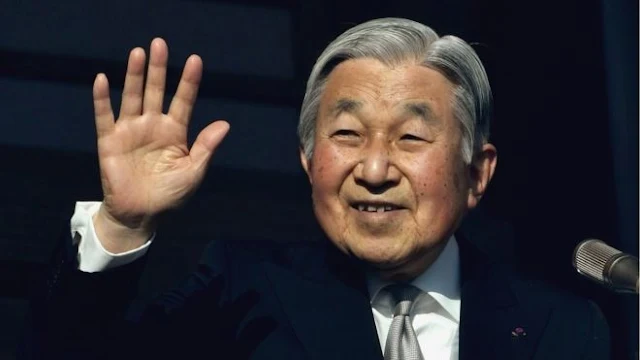Japan passes landmark bill for Emperor Akihito to abdicate
Japan's parliament has cleared the way for Emperor Akihito to abdicate by passing a landmark one-off bill.
The 83-year-old said last year that his age and health were making it hard for him to fulfil his official duties.
But there was no provision under existing law for him to stand down.
He
is now expected to abdicate in 2018, the first Japanese emperor to do
so since 1817, and will be succeeded by Crown Prince Naruhito.
The bill passed its first hurdle in May, when it was approved by the cabinet.
The
new law says that on abdication, the emperor's 57-year old son Naruhito
will immediately take the Chrysanthemum Throne, but that neither he nor
his successors would be allowed to abdicate under the same rule.
The government is yet to set a date for the abdication, but the bill
says it must take place within three years of the law coming into
effect.
The handover is widely expected take place in December 2018.
- Ten things you may not know about the emperor
- In pictures: Japan's Emperor Akihito
- The princess, the palace and the shrinking royal line
- Japanese Emperor Akihito's 2016 address in full
What does the emperor do? The
emperor has no political powers but several official duties, such as
greeting foreign dignitaries. Japan's monarchy is entwined in the Shinto
religion and the emperor still performs religious ceremonies.
What do the public think?
Most support the emperor's desire to abdicate - a survey by the Kyodo
news agency after Akihito suggested he wanted to step down found more
than 85% saying abdication should be legalised.
Are there more debates revision of the law of royal succession? A
discussion about whether or not a woman would be able to ascend the
throne was triggered in 2006 when the emperor had no grandsons, but was
postponed after a boy was born to the imperial family.
BBC NEWS




No comments:
Post a Comment